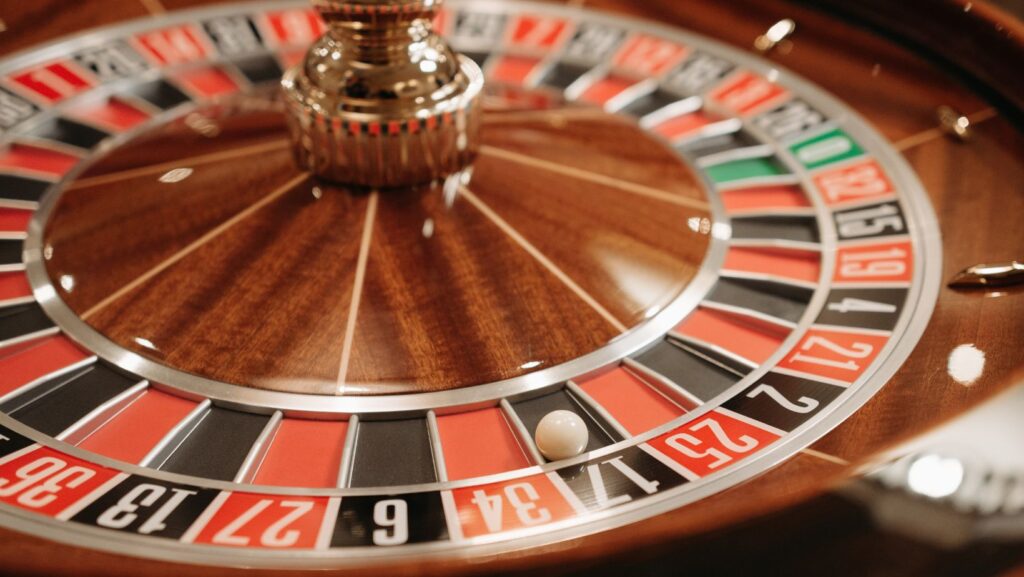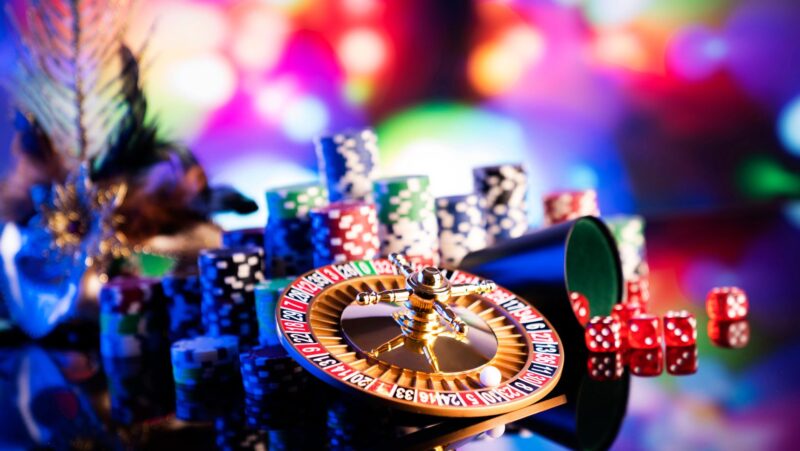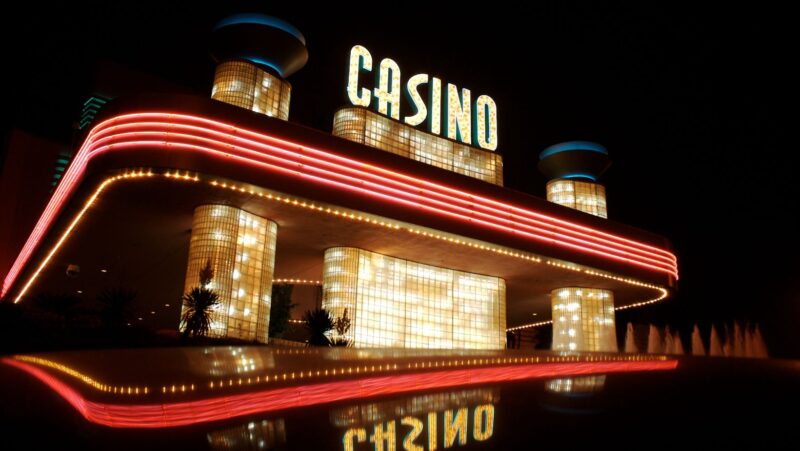
There’s something magnetic about the word “free.” Add it to anything—free coffee, free trial, free spins—and people lean in. But in the world of online casinos, “free” is rarely straightforward. The word pulls you in, but the machine does the heavy lifting.
Slot machines were never just about spinning reels. They are behavioral devices, calibrated with precision. The moment you click “spin,” your senses are hijacked—flashing lights, satisfying dings, that half-second of suspense before the reels settle. The randomness isn’t truly random; it’s engineered chaos, built on variable reward schedules, the same principles that keep people glued to social media likes or scratchcards.
Now, insert “free spins” into that equation. Suddenly, a harmless player turns into a committed user. Why? Because the illusion of a head start changes everything. You’re not risking anything (yet), but you’re already playing. The casino knows this triggers a shift from observer to participant. And the moment you win—even just a little—it creates emotional momentum. Hope kicks in. Curiosity flares. Maybe today’s the lucky day.
That feeling of being “already ahead” is crucial. It’s not about the money—most free spin wins are pennies—it’s about the illusion of control. You’re playing with the house’s gift. But what starts as a gift often becomes the gateway to something more lasting. And that’s the design.
Not All Free Spins Are Born Equal
Here’s where it gets more layered. All free spins are not created equal—they vary not only in quantity but in quality, purpose, and trapdoors.
Take a popular offer like a ruby slots no deposit bonus—on the surface, it sounds generous. You sign up, no payment needed, and you’re handed free spins like a welcome drink. But under the hood, the offer is structured with precision. These no-deposit spins are the bait. You verify your email, and suddenly, you’re playing. It’s risk-free… until it’s not.
No-deposit spins are designed to lower the barrier to entry. They turn curious visitors into players without demanding a credit card. But these often come with tight limits, specific games, and low cash-out caps—just enough to keep you playing, not enough to let you walk away easily.
Deposit-triggered spins are more like a bonus gift: “Deposit $20, get 50 free spins.” These are meant to push real money movement. They’re more generous, but still heavily regulated with fine print.
Then there are loyalty spins, handed out during promos, via VIP programs, or on your birthday. These often seem like rewards, but they’re tools to re-engage users who might be drifting.
But why do free spins only appear on certain games? That’s not random. Casinos choose slots based on volatility (how often a game pays out) and RTP (return-to-player percentage). Games with high volatility can show big wins—but rarely. Giving free spins on them builds suspense but rarely costs the casino much.
And then come the quiet caveats: locked bet amounts (usually the lowest possible), disabled bonus features, and a short expiration window. You may get 100 free spins, but they’re each worth $0.10, playable only on one title, and must be used within 24 hours. That’s not generosity—it’s data-driven friction control.
The Invisible Fine Print Players Rarely Read
Let’s say you win $15 from your 25 free spins. Great, right? Not quite. Enter the wagering requirement—the multiplier that stands between you and your money. If the casino applies a 40x wagering rule, you need to bet $600 before you can withdraw that $15. The house hasn’t just handed you money—they’ve handed you an obstacle course.
And even if you clear it, there’s often a maximum withdrawal cap. Sometimes it’s $50, sometimes $100. So even if your $15 turned into $500 (miraculously), you might only walk away with a capped amount. The rest? It’s voided once you cash out.
Game restrictions add another layer. Your free spins might only work on “Starburst” or “Book of Dead.” Even once you’ve met the wagering requirement, your winnings might still be playable only on selected slots.
And let’s not forget the time pressure. You might get 48 hours to use your spins, and another 48 to fulfill wagering. That’s not generosity—that’s urgency psychology. Deadlines lead to rushed decisions. And rushed play often leads to deposits.
The beauty of this system, from the casino’s side, is that it’s both legal and psychologically efficient. The word “free” draws people in. The fine print does the rest.
The Marketing Engine Behind “Free”
Free spins are not a perk—they’re a conversion strategy. Behind every spin is a spreadsheet. Behind every bonus is a marketing funnel.
Online casinos run acquisition campaigns that are laser-targeted. A player who signs up from a Facebook ad might get 25 spins. A user who visits via SEO might get 10. A high-value gambler who hasn’t played in a while might get 100 spins and a personalized email. The difference? Data.
Casinos segment users into psychological profiles—casual, loyal, opportunistic, high-risk. The bonus you receive is tailored, often by algorithms testing which version brings better returns. A/B testing is rampant: one version of an offer has 50 spins with a 35x wagering requirement, another has 100 spins with a 50x rule. Whichever gets better retention wins.
And if you think you’ve “beat the system” by signing up and withdrawing without depositing, think again. Casinos deploy bonus abuse detection systems, tracking behavior like IP addresses, VPNs, multiple accounts, even how quickly you click through pages.
Casinos are businesses. Their goal isn’t just to give out free play—it’s to convert trial into habit. Free spins are the hook, but the real engine is behavioral nudging, funnel optimization, and strategic friction.
Free Spins in the Wild – From Banner to Balance
Let’s walk through the actual journey, from seeing an ad to watching your first bonus win trickle in.
You’re scrolling and see “100 FREE SPINS – NO DEPOSIT NEEDED.” You click. A bright landing page loads. “Sign up now!” You enter your details, confirm your email, and—great—your spins are live. But they’re tied to a slot called “Jungle Quest.” You open the game. Each spin is set at $0.10. You can’t raise the stake. You win $2.40. Small victories, but they feel sweet.
Then you check the terms. You need to wager $96 before cashing out. You try your best—play slow, pick low-volatility slots—but lose it all by $60 into the wagering. Now you’re offered a deposit bonus: “Get 200% up to $100 + 50 more spins.” The hook deepens.
Common misunderstanding: Players often believe free means no strings. But free spins are structured with layers—each encouraging micro-decisions that lead to engagement, and often, deposits.
Even if you don’t win big, casinos usually stage a small win. You’re more likely to see a $2–$5 payout than nothing. This “soft landing” maintains trust and keeps the door open. Even the illusion of reward is sometimes enough to bring you back.
Are Free Spins Worth It? A Player-Centered Take
So, do free spins offer value—or just delay the inevitable? It depends on why you’re playing.
If you enjoy the thrill, the sound of the reels, and the rush of watching a win line light up, free spins give you a low-risk entry point. They’re perfect for trying a new game, testing out a casino, or filling a ten-minute break.
But if you’re hoping to make money, the math is stacked against you. Most free spin offers come with built-in resistance—wagering hurdles, game restrictions, and cash-out limits. The average RTP might be 96%, but after accounting for bonus rules, your real return is often far lower.
Still, for many players, it’s not just about profit. It’s about play. And when that’s the case, free spins offer a taste of that world without asking for commitment.
Know when they work:
- You’re exploring a new game or casino
- You’re okay with limited wins
- You treat it as fun, not income
Know when to skip:
- You want instant access to your winnings
- You dislike restrictions or time limits
- You’re chasing real return, not just entertainment
And here’s where it gets even more layered. Online websites that let you win more Bitcoin often use free spins to attract crypto gamblers—but understanding the terms is key. With crypto bonuses, the stakes feel higher, but so does the volatility. What looks like a jackpot could easily vanish in the exchange rate.
So are free spins scams? Not exactly. They’re tools—smart ones. But tools only help if you know how to use them.
Free spins aren’t evil. They’re not magic either. They live in the space between curiosity and control. Sometimes they open doors to fun, new games. Other times, they’re just a shiny lure. The key is not just to read the terms—but to read your own motivations. Are you spinning for joy, or chasing ghosts? That answer will tell you more than any bonus ever could.




